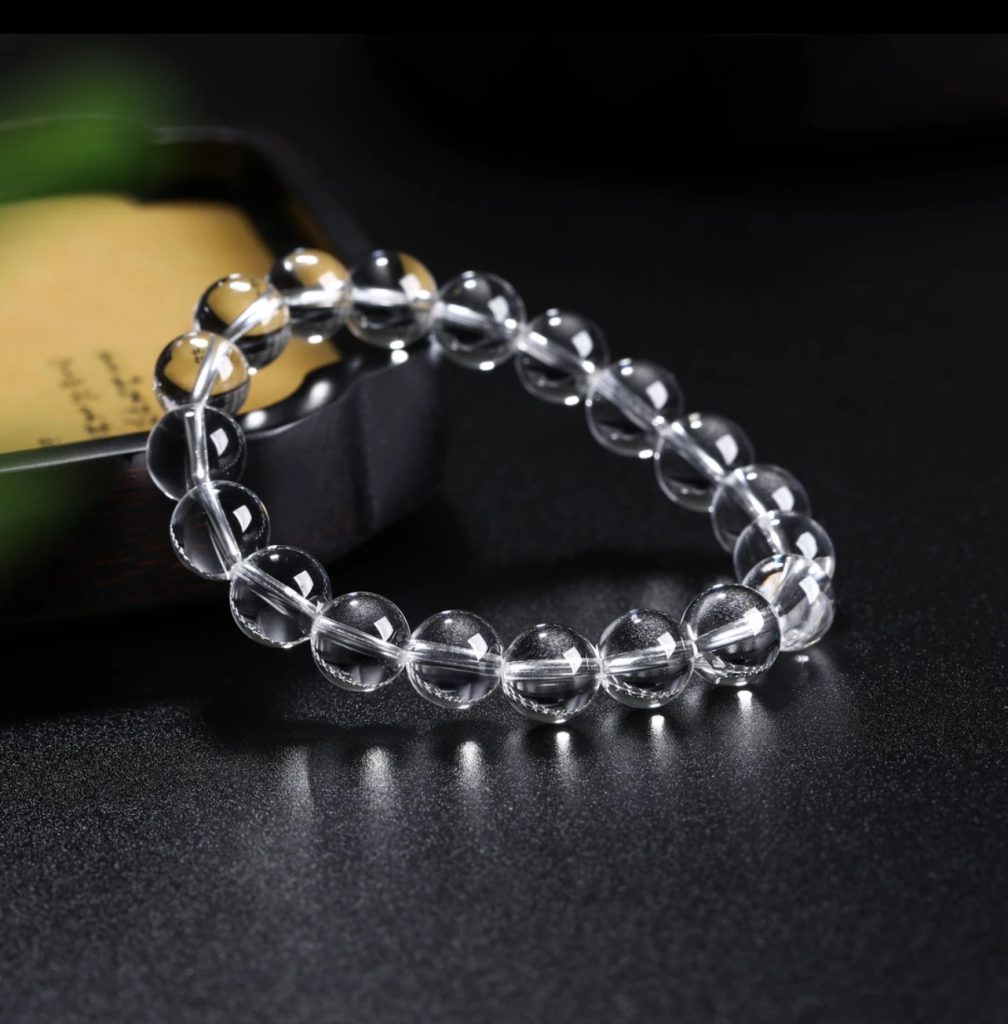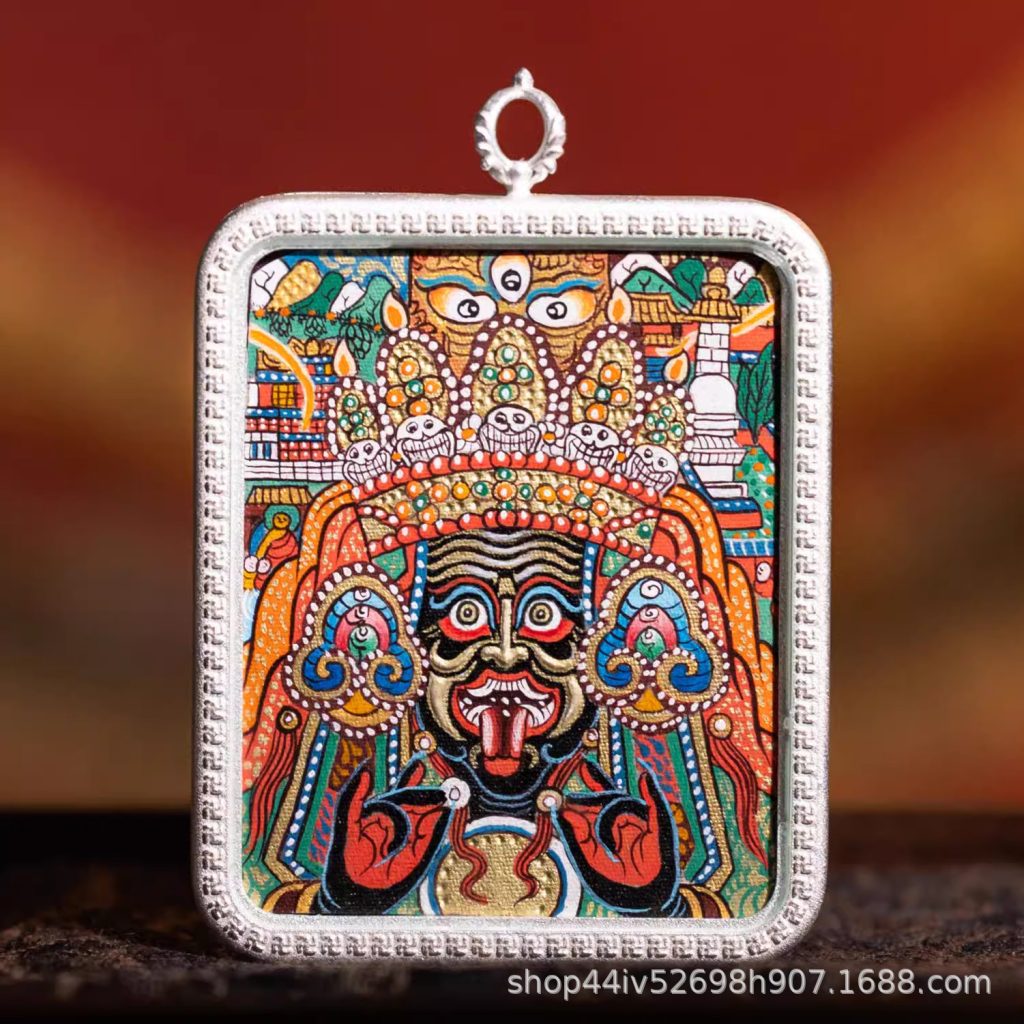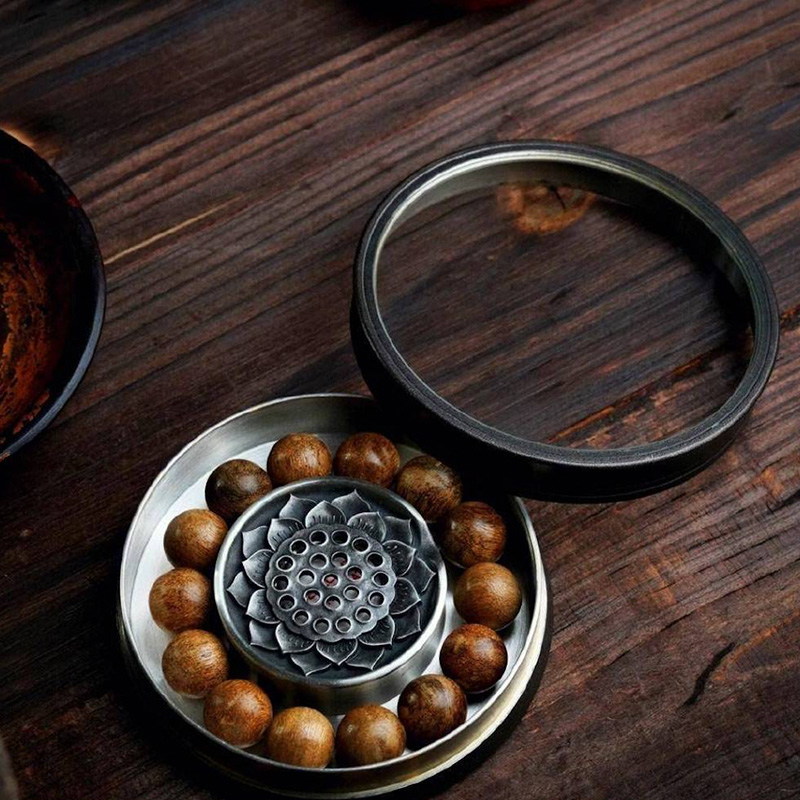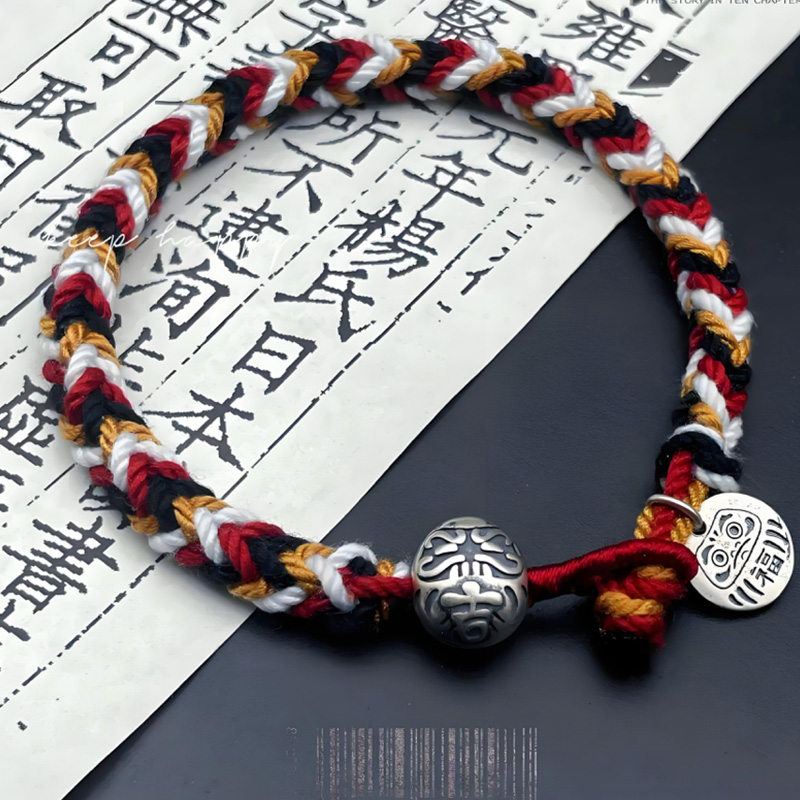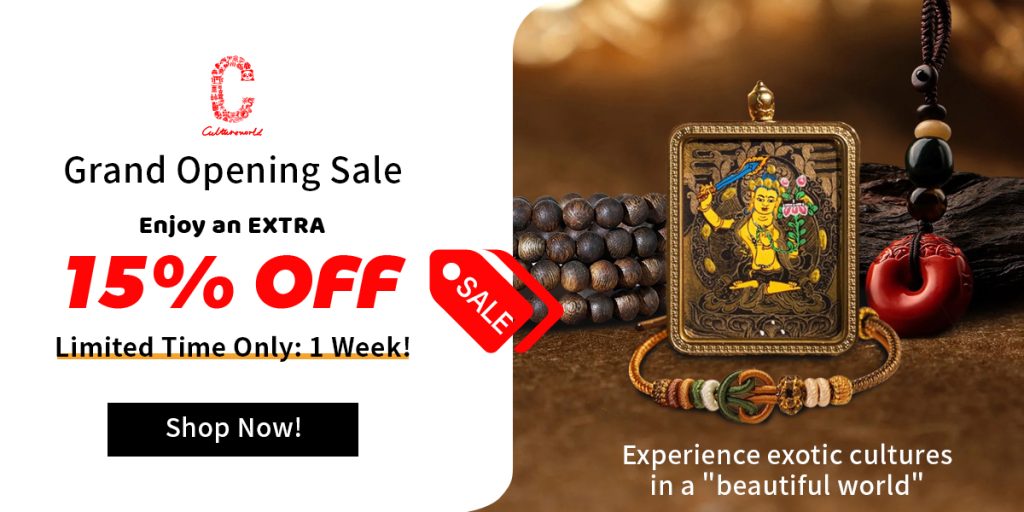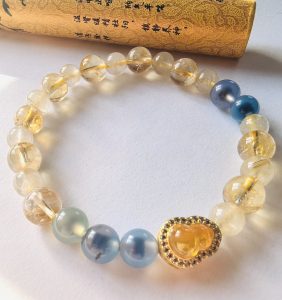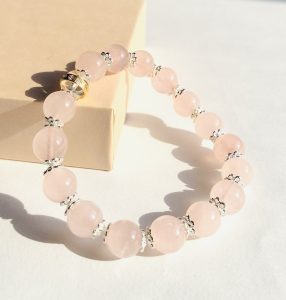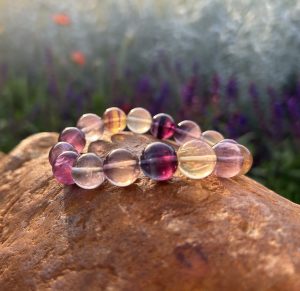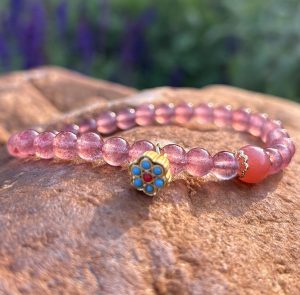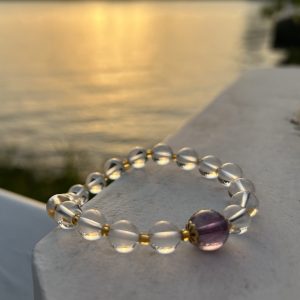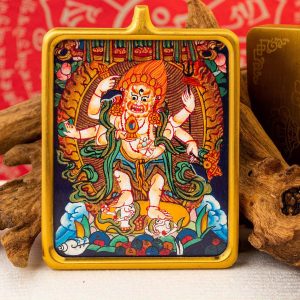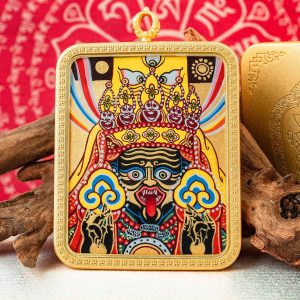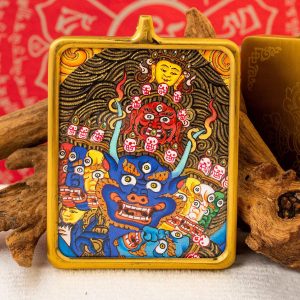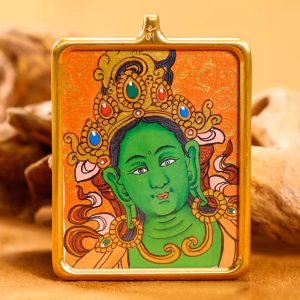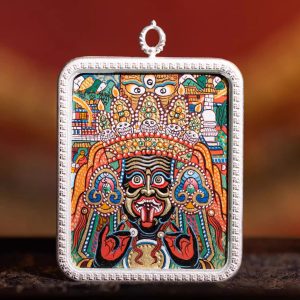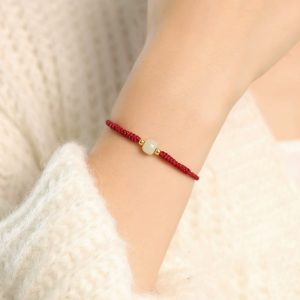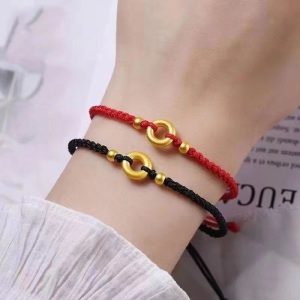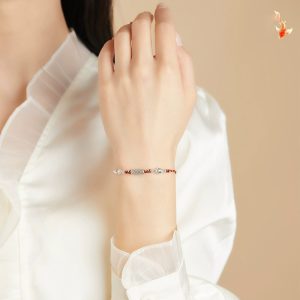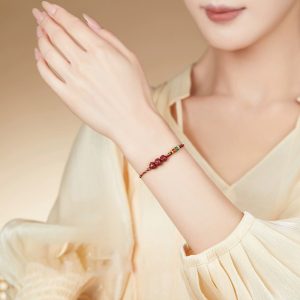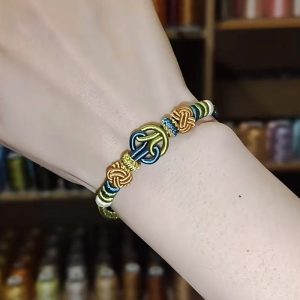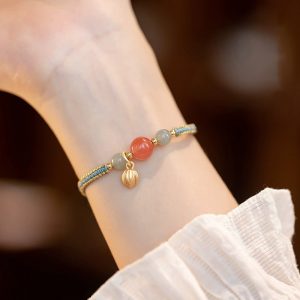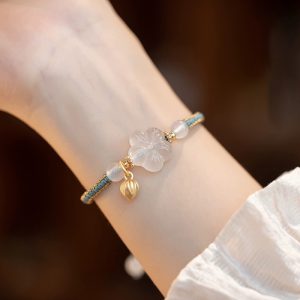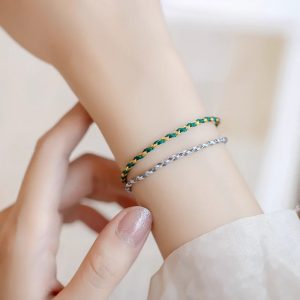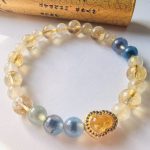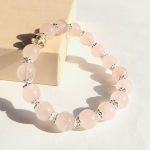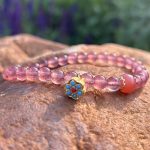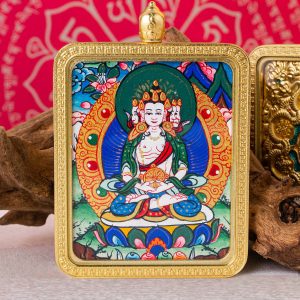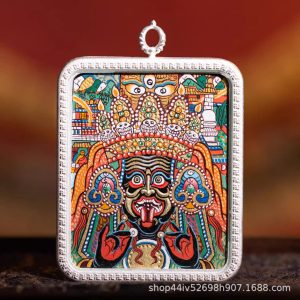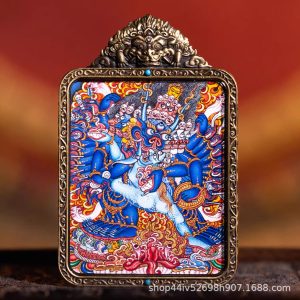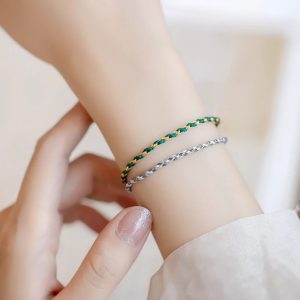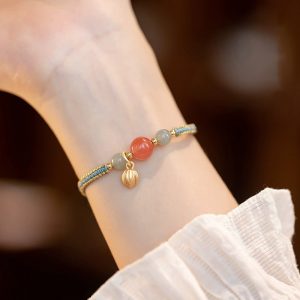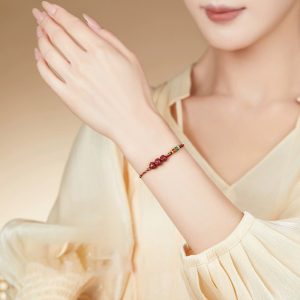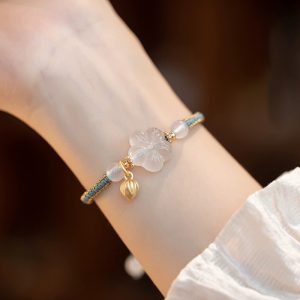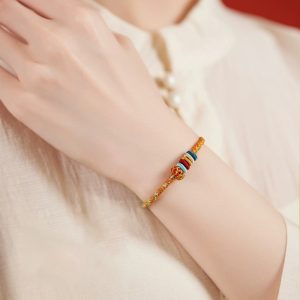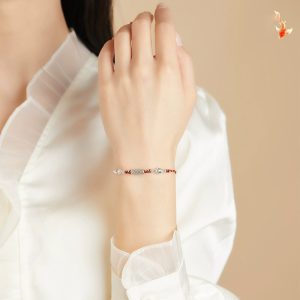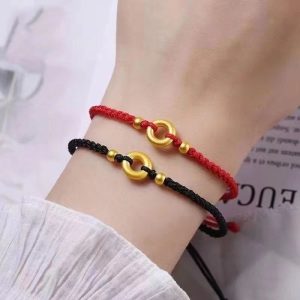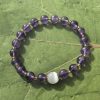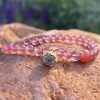

PRODUCT GUIDE

Crystal Bracelet
A crystal bracelet is an accessory made of natural crystal beads, often featuring single or mixed colors, and may include metal, wood, or other decorative elements. Popular types include amethyst (sleep aid), rose quartz (love attraction), obsidian (protection), and clear quartz (focus enhancement). The beads come in various sizes and shapes (e.g., round, faceted) for versatile styling.
Hand-painted
Thangka, a treasure of Tibetan Buddhism, depicts the Buddhist realm with intricate brushwork and vibrant colors. Each piece is a masterpiece of craftsmanship, imbued with profound religious significance and artistic value, serving as both a medium of faith and a legacy of culture.
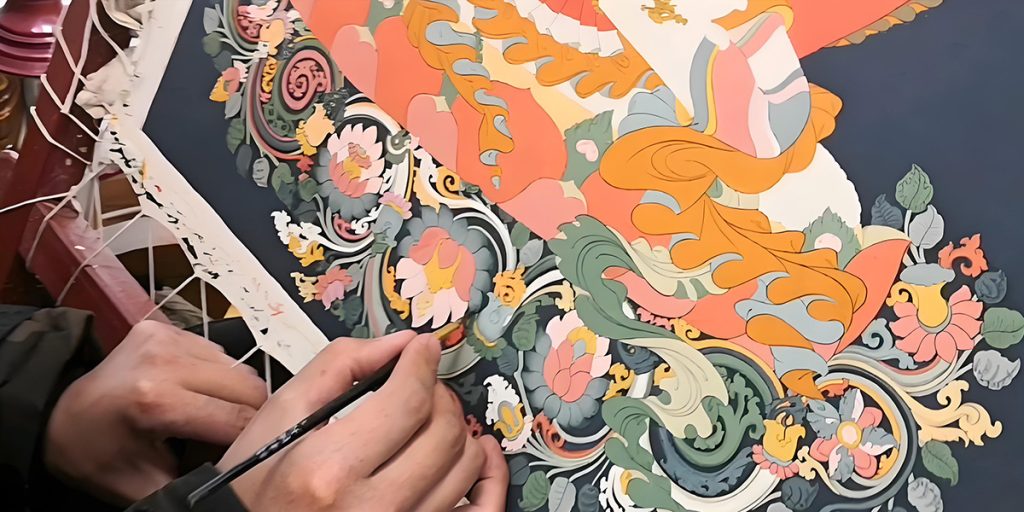
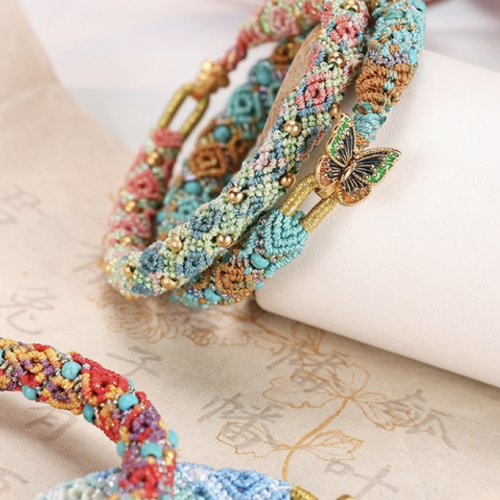
Handmade Woven Bracelet
Handmade woven bracelets are artistic and personalized accessories crafted from natural materials like cotton thread, waxed cord, or silk, using traditional techniques (e.g., square knots, diamond knots, snake knots). Each bracelet carries symbolic meanings—such as safety, luck, love, or friendship—and can be worn alone or adorned with beads/pendants for a minimalist or vintage look. With intricate textures and durability, these bracelets blend aesthetics with practicality, perfect for daily wear or as heartfelt gifts.
crystal bracelet
crystal bracelets possess healing properties, such as emotional balance or luck attraction, and use them in meditation or Feng Shui.
Hand woven wristband
Handmade woven bracelets are artistic and personalized accessories crafted from natural materials like cotton thread, waxed cord, or silk, using traditional techniques (e.g., square knots, diamond knots, snake knots).
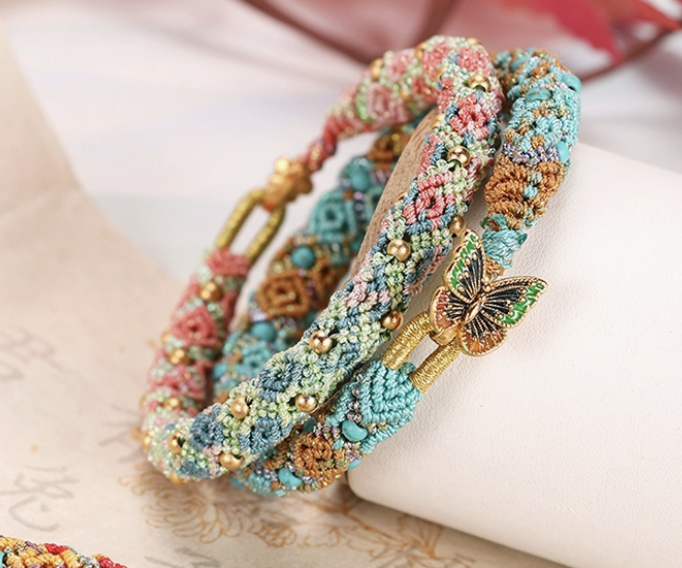
Suzhou embroidery
Originating from Suzhou, Jiangsu, is one of China’s four famous embroideries, renowned for its delicate needlework, exquisite patterns, and vibrant colors. Known for its exceptional craftsmanship, it often features themes of flowers, birds, landscapes, and figures, rendered with lifelike precision, earning it the title “Pearl of Oriental Art.” More than a traditional craft, it is a cultural treasure, embodying centuries of history and artistry.

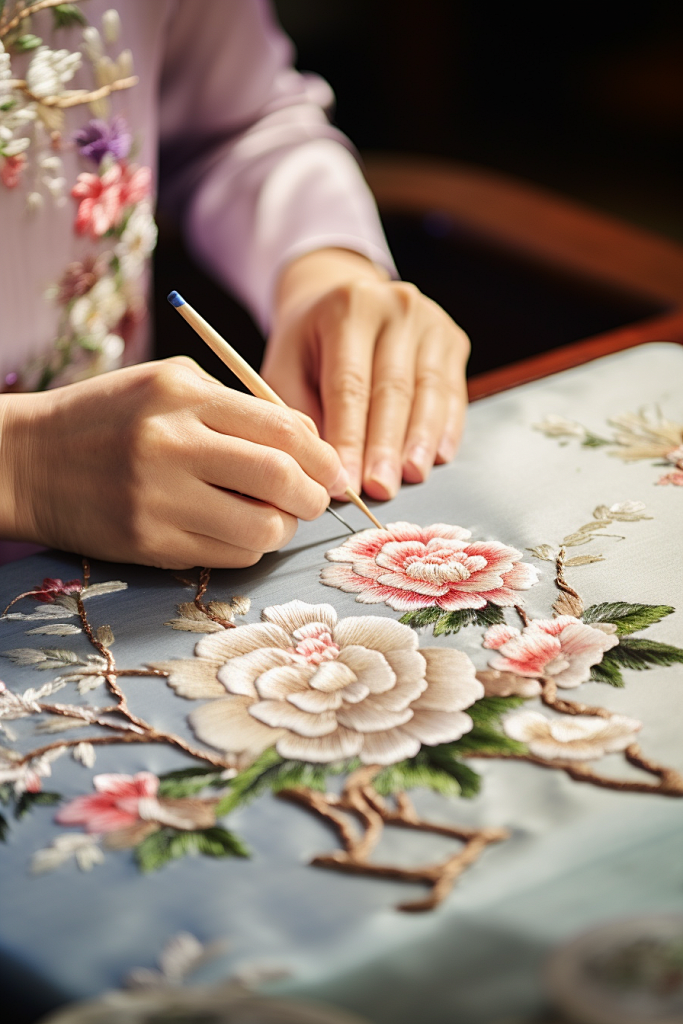
-
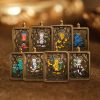 Tibetan Buddhist articles hand-painted handicrafts Mahāsthāmaprāpta thangka gilded ornament pendant cw20000
Tibetan Buddhist articles hand-painted handicrafts Mahāsthāmaprāpta thangka gilded ornament pendant cw20000$200.0Original price was: $200.0.$170.0Current price is: $170.0.
-
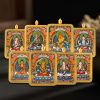 Tibetan Buddhist articles hand-painted handicrafts Bodhisattva Manjusri thangka gilded ornament pendant cw2000
Tibetan Buddhist articles hand-painted handicrafts Bodhisattva Manjusri thangka gilded ornament pendant cw2000$160.0Original price was: $160.0.$136.0Current price is: $136.0.
-
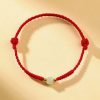 Hetian jade natural lucky bead bracelet hand-woven red rope wristband turns safe and auspicious cw2000
Hetian jade natural lucky bead bracelet hand-woven red rope wristband turns safe and auspicious cw2000$25.0Original price was: $25.0.$19.0Current price is: $19.0.
-
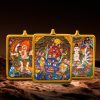 Tibetan Buddhist articles hand-painted handicrafts Cundi thangka gilded ornament pendant cw2000
Tibetan Buddhist articles hand-painted handicrafts Cundi thangka gilded ornament pendant cw2000$300.0Original price was: $300.0.$255.0Current price is: $255.0.
